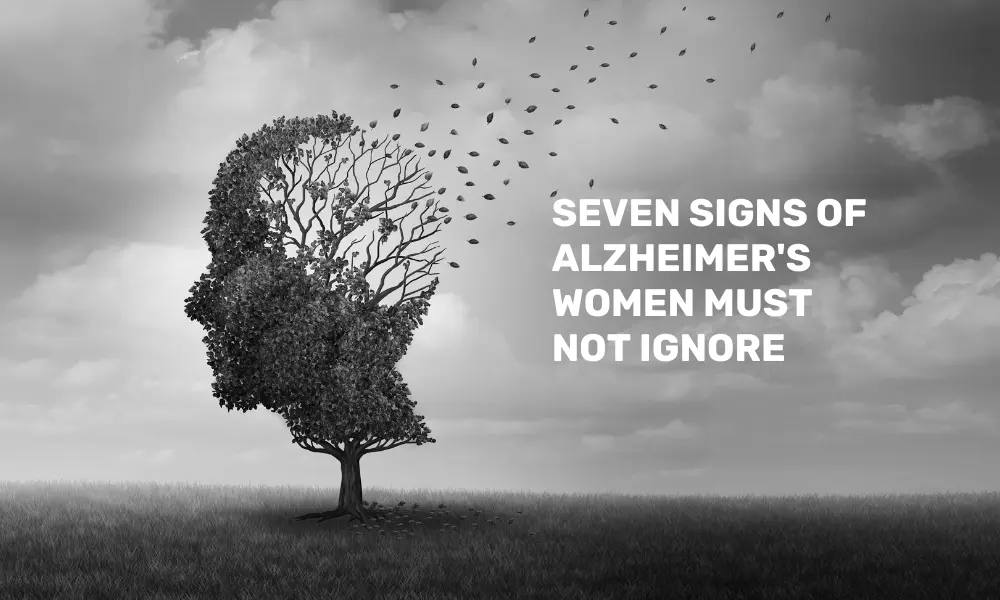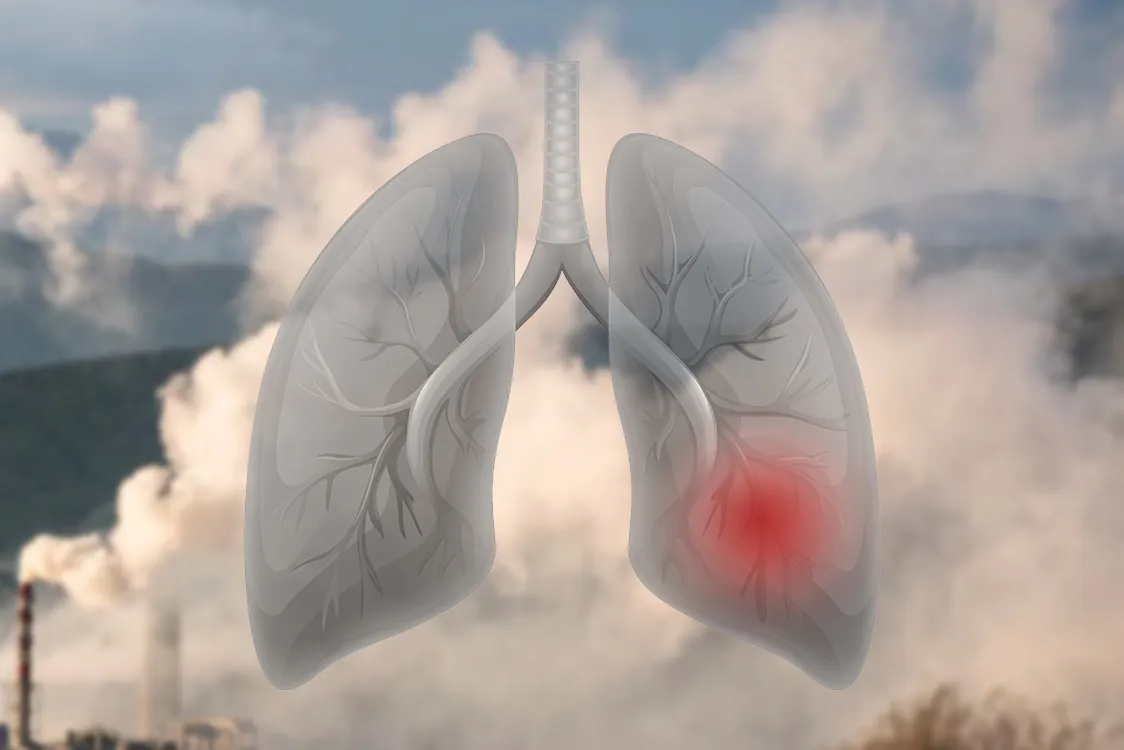Alzheimer’s affects more than 55 million people across the world, with the greatest number of cases being women. According to estimates, a woman’s lifetime risk of developing Alzheimer’s at age of 65 is 1 in 5.
There are various hormonal and genetic factors that may increase women’s chances of developing Alzheimer’s. Early symptoms often are subtle and never raise the alarm in the early stages, but some cognitive changes and behaviors signify the onset of Alzheimer’s.
While loss of memory usually is the earliest sign, most commonly forgetting about recent conversations or appointments or not knowing where everyday objects are located. Women are also likely to have trouble handling routine tasks which they may be familiar.
Signs & Symptoms of Alzheimer’s
Recognizing early signs of the disease is essential for timely intervention and management. A few of these include:
-
Task performance issues: Finding it challenging to perform tasks in social or work settings.
-
Misplacing valuables: Frequently losing or misplacing valuable objects.
-
Memory lapses: Forgetting familiar location of everyday objects.
-
Trouble planning or organizing: This may appear as difficulty in organizing thoughts, solving problems, or abstract thinking. Women may also experience reduced social engagement, avoiding activities or relationships they once enjoyed.
-
Forgetting recent information: Losing track of material that was just read.
-
Language issues: One of the most common early symptoms is problems with language. Women often cannot remember words as well as they used to. They would always pause or substitute the wrong word in sentences. Other common emotional changes include mood swings, anxiety, or irritability, all of which deepen.
-
Difficulty with names: Struggling to remember names when meeting new people.
Early Alzheimer’s signs and aging
It is important to note that the initial signs of Alzheimer’s often get confused with the signs of usual aging or stress. If you have Alzheimer’s, the symptoms occur frequently and keep worsening.
It is essential to get an evaluation done by a neurologist or geriatrician to get a proper diagnosis and appropriate intervention in the early stages. With proper diagnosis and timely intervention, it would slow down the process of Alzheimer’s and also help the quality of life to be better.
Causes of Alzheimer’s
Alzheimer’s is caused due to damage to brain cells, disrupting their communication abilities. This interferes with a person’s thinking, behavior, and emotions.
Each brain region handles specific functions such as memory, judgment, and movement. When cells in a particular region become damaged, that area cannot perform its tasks effectively. Alzheimer’s disease involves high levels of certain proteins inside and outside brain cells, making it difficult for these cells to remain healthy and communicate.
The hippocampus, which is responsible for learning and memory, is one of the first areas affected, leading to early memory loss. Several risk factors contribute to the development of Alzheimer’s, including:
-
Age
-
Genetics
-
Lifestyle and heart health
-
Brain injury
Prevention of Alzheimer’s
There is no sure way to prevent Alzheimer’s. However, one may adopt a few lifestyle changes and lower the risk of developing the disease.
-
One must eat a balanced diet with lots of fruits and vegetables and lean protein that contains omega-3 fatty acids.
-
Control your blood pressure through regular health tests and medication if needed.
-
One must stay connected with friends and family to improve your mental well-being.
-
Try to get at least 150 minutes of moderate-intensity aerobic exercise each week. You can also try to get two 15-minute bouts of exercise if you can’t fit in 30 minutes each day.
-
Try reading, learning a foreign language, or playing an instrument, as this helps in mental stimulation.
-
Avoid smoking or drinking alcohol, as it increases your risk of Alzheimer’s.
-
Lastly, protect your head from any injury. Wear protective helmets or headgear when there’s a chance of hitting your head.
The causes of Alzheimer’s are beyond our control, but with certain precautions, we can manage this condition.
FAQ on Alzheimer’s
What are the first signs of Alzheimer’s in women?
The first signs of Alzheimer’s disease in women are usually minor memory problems, such as forgetting names, places, or recent events. Other early signs include:
-
Changes in mood and personality
-
Having trouble finding the right words
-
Taking longer to complete tasks
-
Losing track of time or dates
-
Misplacing items
-
Becoming less flexible
What happens if Alzheimer’s is left untreated?
Alzheimer’s disease is a progressive disease that may cause serious health issues if not treated. These issues can include difficulty swallowing, falls, and total memory loss.
What is the longest stage of Alzheimer’s disease?
The middle stage or the moderate stage of Alzheimer’s disease is typically the longest stage and can last for many years.





